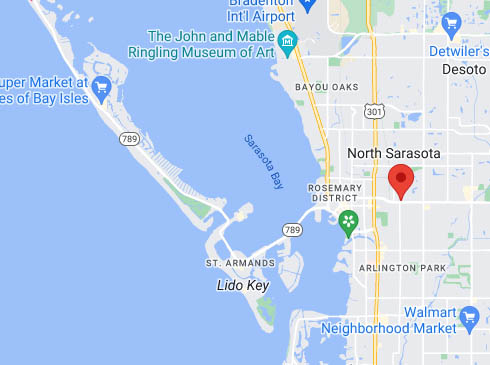Agape Christian School Attendance Policy
Attendance Policy
School attendance is the responsibility of the parent and the student. There is a strong relationship between attendance and academic performance. Students who will be six years old by February 1 of any school year, or who are older than six but have not attained the age of 16, are expected to attend school every school day of the 180-day school year. A student who attains the age of 16 during the school year is not subject to compulsory school beyond the date upon which he or she attains that age, if the student files a formal Declaration of Intent to Terminate School Enrollment. The declaration must be signed by the student and his or her guardian. An exit interview and a survey completed by the student is a part of the withdrawal process.
Florida Statute 1003.24 states that the parent/legal guardian of a child of compulsory age is responsible for the child’s daily school attendance. School staff, parents, students, and state agencies are expected to work together to ensure that all applicable school attendance laws are obeyed, including but not limited to referral to the state-designated agency for possible court action for truancy.
All absences are considered unexcused until the school receives written explanation from the parent/guardian within three days of the absence. The principal or designee has the authority to determine whether an absence is excused. Excessive excused absences for illness may result in the student being required to provide a doctor’s note or other substantiating evidence.
Attendance is reported on progress notes and on quarterly report cards. To be considered present for the day, a student must be in attendance for at least 200 minutes, which is the equivalent of half the school day:
Students have a RIGHT to:
- Information defining rules for absences, tardiness, withdrawal, and makeup assignments.
- Appeal a decision about an absence.
- Make up all work missed during an out-of-school suspension or an unexcused absence.
Students have a RESPONSIBILITY to:
- Attend classes daily and be on time.
- Provide notification from parent when absent.
- Request make-up assignments from teachers upon their return to school after an absence and to complete this work within a reasonable length of time, as specified in school attendance procedures and the Student Progression Plan.
Excused absences include:
- Student illness (if documented by parent or medical doctor).
- Medical appointment with documentation.
- Death in the family.
- Subpoena by law enforcement agency or mandatory court appearance.
- Other individual student absences beyond the control of the parent or student, as determined and approved by the principal or principal’s designee.
- Pre-arranged absence with administrative approval.
Absence Reports
- Absences should be reported in accordance with school policy and followed by written note.
- The report must come from a parent and give the date(s) of the absence and the reason for it.
- Parents must report these absences within three days following the absences, although the principal may make exceptions in cases of need.
- Parents may be asked to provide a written medical excuse when excused absences for illness are excessive.
Excused Absences Rights and Responsibilities
Upon returning to school, the student is responsible for making up work missed on that day, in our PACE curriculum that would be five pages per subject. If there are multiple days that a student is out, please make arrangements with the student’s teacher for making up missed PACE work.
Unexcused Absences
- All absences, which have not been specifically identified as excused, are unexcused absences.
- A student who has 15 unexcused absences within 90 calendar days is a habitual truant under state law. The student may be dealt with as a child in need of services under Chapter 984, Florida Statutes. In addition, the parent/guardian may be subject to criminal prosecution under Chapter 1003.27, Florida Statutes.
Family vacations are not excused absences. They must be prearranged through the principal and may not necessarily count as an excused absence.
Driver’s License Law
Students between the ages of 14 to 18 years of age who drop out of school prior to graduation or who have excessive unexcused absences (15 in a 90-day period) will be reported to the Department of Highway Safety and Motor Vehicles (DHSMV). To maintain driving privileges, attendance will be monitored. Students who hold a Florida driver’s license will have their license suspended if they do not meet these standards. Students who have not yet received their driver’s license will find they are unable to obtain a license if they do not meet these standards. Application for reinstatement of the driving privilege can be made after the student has logged thirty (30) consecutive days of attendance with no unexcused absences. There is a hardship appeal process; a student must contact the principal for information regarding this appeal.
There are attendance requirements for minors (ages 14-18) to maintain their driving privileges.


